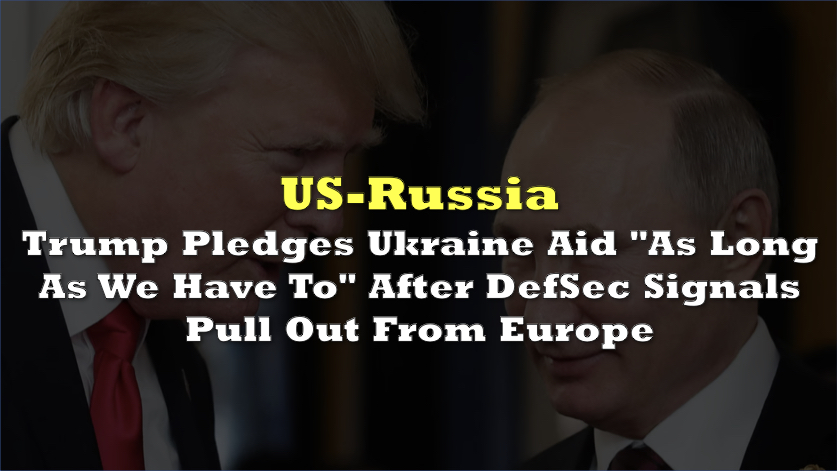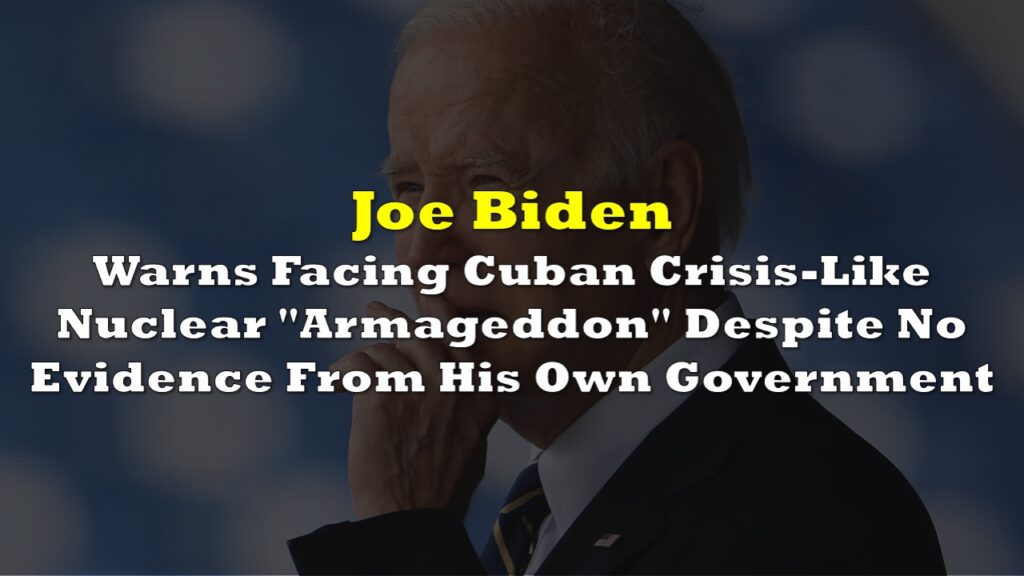Russia has enacted a ban on enriched uranium exports to the United States, redirecting supplies to nations it deems “friendly.” The ban, formalized through a decree signed on November 14, aligns with a broader policy of retaliation against Western sanctions imposed after Russia’s invasion of Ukraine. Analysts warn that this shift could strain the U.S. nuclear energy sector while reinforcing Russia’s strategic partnerships with key allies.
The decree amends Russia’s Foreign Exports Ban Resolution No. 313, originally introduced in March 2022. Russian Prime Minister Mikhail Mishustin signed the latest amendments, which specifically target enriched uranium exports to the United States, with limited exceptions for one-time licenses. The ban is slated to last until at least the end of 2025, although its extension remains possible.
This measure follows the U.S. government’s decision to phase out imports of Russian uranium products by 2028. According to Andrey Listovsky, Director of Russia’s Energy Development Fund, the export ban serves dual purposes: asserting political resistance to “unfriendly” nations and maximizing economic returns by redirecting uranium supplies to countries that are cooperative with Russia’s energy policies.
“The political goal is to deny strategically important resources to unfriendly countries,” said Listovsky in an interview with Russian media outlet URA.RU. “The economic goal is to save valuable uranium for states ready to work with Russia, particularly those hosting Russian-built nuclear reactors, such as India, Iran, and China.”
ICYMI!🇺🇸😵💫💥🥊🇷🇺 Russian media reported that their new decree immediately halting all enriched #Uranium exports to the US will result in the #Nuclear fuel intended to be shipped to the #USA being sold to "friendly countries" instead, naming #India, #Iran & #China.🚛 The Director… pic.twitter.com/3J3rBSkX6o
— John Quakes (@quakes99) November 24, 2024
Russia’s Dominance in the Uranium Market
Russia plays a key role in the global uranium market, controlling over 40% of the world’s supply of enriched uranium. This dominance enables Moscow to exert significant influence over the nuclear energy sectors of numerous countries.
The move to prioritize exports to nations like India, Iran, and China—key partners in the BRICS+ bloc—reflects a broader geopolitical strategy. Each of these nations hosts Russian-built nuclear reactors, ensuring long-term dependency on Russian expertise and fuel. For instance, India’s Kudankulam Nuclear Power Plant and Iran’s Bushehr Nuclear Power Plant both rely heavily on Russian uranium and technical support.
This redirection of resources is expected to yield higher profits for Russia. Enriched uranium contracts negotiated years ago during a global market downturn will now be replaced by more lucrative agreements with allies.
The impact on U.S. energy production could be significant, though not immediate. Currently, American nuclear power plants, which generate roughly 20% of the nation’s electricity, maintain a fuel reserve estimated to last approximately 18 months. However, the long-term implications are stark.
“Once these reserves are depleted, the U.S. will face a tough choice: overpay for urgent imports or seek alternative suppliers willing to establish long-term contracts,” warned Listovsky.
Finding replacements for Russian uranium will not be straightforward. U.S. domestic uranium production has been in decline for decades, with limited infrastructure available to ramp up mining or enrichment in the short term. Efforts to restart mining in Arizona have faced stiff opposition from environmental groups and Indigenous communities, particularly the Navajo Nation, which has expressed concerns about the ecological and health impacts of uranium extraction on their ancestral lands.
By diverting uranium supplies to countries like China, which is rapidly expanding its nuclear energy capacity, and Iran, a strategic Middle Eastern ally, Russia is strengthening its geopolitical alliances. This approach fits within a broader vision of consolidating BRICS+ economic cooperation and reducing reliance on Western markets.
For these nations, Russian uranium ensures a steady and affordable supply for their energy needs, cementing Moscow’s role as a critical energy partner. As the conflict in Ukraine drags on and Western sanctions intensify, Russia’s pivot toward these alliances underscores its long-term strategy to weaken Western dominance in global energy markets.
Information for this briefing was found via Ura.ru and the sources mentioned. The author has no securities or affiliations related to this organization. Not a recommendation to buy or sell. Always do additional research and consult a professional before purchasing a security. The author holds no licenses.









